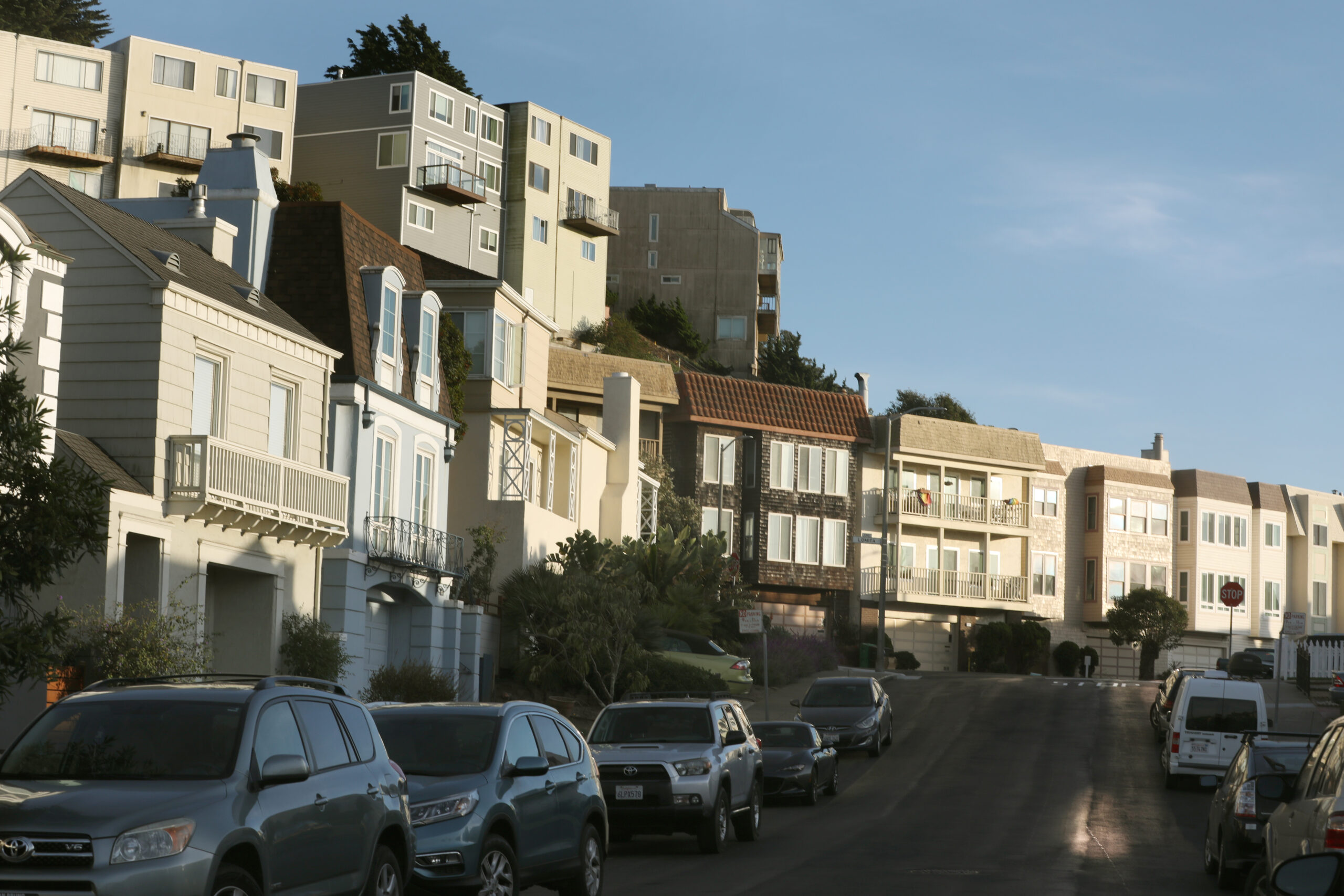Up to four units per parcel and six on each corner.
That’s the vision of a residential upzoning bill that moved a step closer to a vote by the San Francisco Board of Supervisors after a discussion on Monday.
But even authors of the policy say it’s unlikely the Sunset and Richmond districts will see a noticeable uptick in new housing anytime soon.
Still, the move marks a major milestone in the board’s work to add more homes to the city’s westside—partly in reaction to SB 9, a state law that effectively ends single-family zoning. Another motivating force: California demanding the city show how it would make room for 82,000 new units by 2031 or face severe fines and miss out on state housing money.
After months of debate and a raft of amendments, the Land Use and Transportation Committee finally coalesced on Monday around one bill: Supervisor Rafael Mandelman’s.
His legislation keeps the core framework—allowing four units on lots citywide and six on corners—while adding a pile of new stipulations. Namely, that the new units would be rent-controlled and that at least one would have two or more bedrooms.
Under the proposed policy, the city would also have to offer incentives to homeowners who plan to live on the property for three years after their permit is approved. It would also require landlords to have inherited or owned the building for at least five years before developing it.
Supervisor Dean Preston suggested the five-year minimum in April to prevent speculation.
“This really, I think, is the most powerful thing that we can do to prevent the potential of real estate speculators buying up properties, tearing them down and building these fourplexes,” he said at the time.
Not everyone thinks the add-ons are a good thing.
At the April 25 hearing, Mandelman said the changes give developers the cold shoulder and undercut the bill’s potential to alleviate the city’s housing crisis and help it hit state targets.
“The actual on-the-ground impact of any of these pieces of legislation is going to be limited,” Mandelman acknowledged at the hearing.
The land-use committee chose to unify behind Mandelman’s bill on Monday after months of debating related proposals by other supervisors. Supervisors Gordon Mar and Ahsha Safaí each took a stab at similar legislation each with greater affordability requirements. Their bills were ultimately tabled in favor of moving forward with a patchworked Mandelman bill.
The legislation will now come back to the committee on June 6.
If it clears committee, it would then head to the full Board of Supervisors, where it needs a majority vote to become law.
